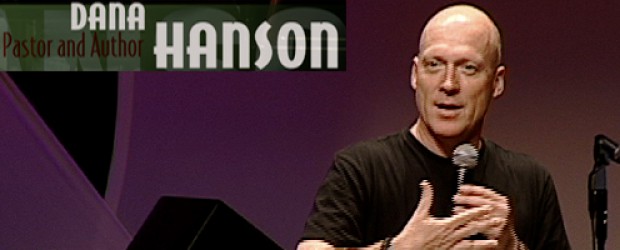Everyone has a filter for thinking. Everyone views the world in a certain way. In the present election, there has been some talk about being cautious not to let your religious values affect your decision making. For some, this is considered a bad thing. This is not a logically possible point of view. We all have values that are based on something. So, whether it is biblical values or values based on Mao’s Little Red Book or values based on Star Trek, there is a filter.
This is not a consistent point of view, either. Some candidates say they can’t let their religious values affect their decisions on issues such as abortion. The thinking goes if you follow the biblical model of “life beginning at conception,” then abortion is taking a human life. But, the candidates say they don’t want to impose their beliefs on others and so they support abortion.
Here is the inconsistency, plain and simple. The Bible says we are to love our neighbor, which includes caring for those who are poor and in need. Well, the same candidates who say they don’t let their religious point of view affect their position on issues, rightfully support legislation to help the poor and those in need. This is clearly using their religious views to influence their decisions when addressing poverty. I see……
